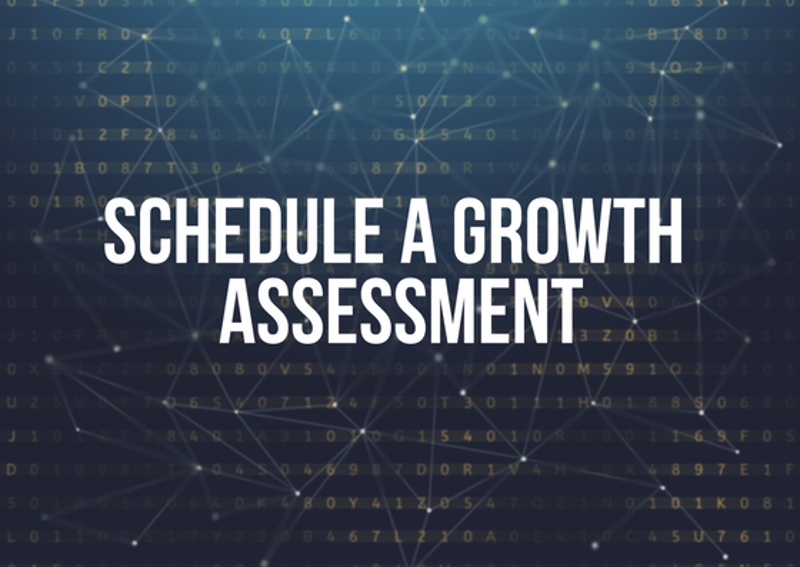For all of you sales leaders trying to inspire performance improvements with your teams, you have some tough love to share... Maybe it should go something like this: "I'm sorry, sunshine, I think you're fantastic, but nobody you're selling to wants to hear about you."
"It's nothing personal. You're just not that interesting to them."
That may seem like a conflict in logic, but their lack of interest in your rep isn't because of anything they did at all. People are self-absorbed. They have a million things going on, and as a company and/or sales leader, you're just not one of them.
As far as they're concerned, your only interest is making a buck. Sure... you may very well have a product or service that they need... one that will solve their biggest problems... I'm not doubting your sincerity or that of the company you work for.
But your prospects don't really know your reps or business yet, and therefore they don't trust you the way they will need to in order to buy from you.
That's a tall mountain to climb.
Establish trust without talking about yourself.
Huh...
Here are 5 ways your sales team can talk about themselves without talking about themselves
1. Research before calling
This may seem obvious, but how many times have you visited a website that's supposed to grab your attention and speak to your pain points, but all they do is pitch their services?
... or you connect with somebody on LinkedIn, and without skipping a beat, they slam their pitch into your inbox, and offer services that make ZERO sense to your pain points?
... and what do your salespeople actually know about their prospects before picking up the phone? I mean... really know?
Awesome research tips:
- Visit the prospect's LinkedIn profile... Are they smiling in their picture? What kind of background do they have? What about prior to their current role? Any relevant connections?
- Run an "Crystal Knows" personality review... This tool is f*****g awesome. Based on what a person writes on their page, it will furnish a DISC assessment, and provide tips on how to make a good impression, set an appointment, or even what to put in an email subject line. It plugs into Google Chrome, so it's always there, and it's super intuitive.
- For inbound leads, look at their search history... what did they look at and download on your website?
- Look at the company, not just the individual. Understand the size of the business and who their customers are.

(Crystal Knows in action ^^^)
2. PAUSE
There is no more powerful of a statement than having the confidence to not make a statement at all.
Most salespeople I know are so worried about cramming their pitch into the ears of their prospects when they finally pick up the phone, they don't posture, and come off as desperate.
Have them try this next time: "Hi (prospect), this is Lucas from Orange Pegs Media."
Then have the wait until the prospect responds. If they are positive, great, if not, use it.
3. Have icebreakers handy
Whether inbound or outbound, nobody wants to talk to a robot. Arm your sales people with ice-breakers that disarm prospects, and humanize your team.
Examples of great ice-breakers include:
- How are you doing?
- Are you having a fun day?
- Can't believe it's Friday already! What's your favorite day of the week?
- Are you a dog or cat person?
- How long have you lived in (city)?
4. Listen
They can't listen with their mouths running... so they're no way to know what the prospect is thinking as long as sales is pitching.
I understand the challenge of this one though, because most salespeople are wired to pitch, pitch, and pitch some more... Throw as much against the wall until something sticks, right?
Every lead can be warmed though as long as they're doing their research.
One of my favorite ways of getting prospects to talk is to ask the question, "how can I help?" Not only does it position me to play the role of consultant vs salesperson (which is very disarming, by the way), but it also gets them to think critically about their problems, and provide details they might otherwise guard.
Here's an example of an opening line I like to use:
"(Prospect name), this is Lucas with Orange Pegs Media." (pause pause pause until prospect says something) "Thanks for taking my call!"
(enter icebreaker here)
For inbound leads: "I saw that you downloaded the guide to getting started with growth planning, and then quickly moved into the inbound marketing playbook. You're clearly looking into ways to grow your business. How can I help?"
For outbound leads: "I'm calling to see if I can help." (pause pause pause)
When they respond and land on a real problem, the best response is, "Hmmmm.... can you tell me more about that?" (have them stroke their chin for good measure)
5. Reposition your proposition
This is where it really gets tough for most salespeople. How can they possibly pitch your value proposition without talking about themselves or your company? ... or without pitching?
Simple... you make your value proposition about your prospect by doing a little it about your prospect, and apply everything from above.
Examples of strong value proposition statements:
"We help (choose: Sales/Marketing/Business) leaders at (choose: Staffing/Accounting/Software) companies in the United States like you, who are frustrated that they have invested a lot of time and resources into their website but are disappointed that it’s not producing any quality leads to grow the business - (pause) - Does that sound like you?
"We work with folks who have spent a lot of time, effort, and money to provide high quality leads to their sales teams, but they don’t seem to close quickly enough… or at all… (pause) - Do you ever feel like that?"
"We help motivated business owners / marketing leaders / sales leaders of digitally immature (fill in the blank) with $X revenue, like you, who are frustrated that they can’t track the ROI of their sales and marketing investments and are generally disappointed with the overall results… (pause pause pause)... Is any of this applicable to your situation?
Notice how I get across what we do and how we help without talking about Orange Pegs?
CONCLUSION:
Dale Carnegie talked a lot about how important it was to not talk about yourself in his book "How to Win Friends and Influence People," because people want to hear about themselves... It's the same psychology that has people flip through pictures that don't include them, and pause on those that do.
Need help with improving sales performance for your company, but not sure where to start? Click HERE to grab 15-minutes with one of our growth specialists to build a custom plan that makes sense for your company!



